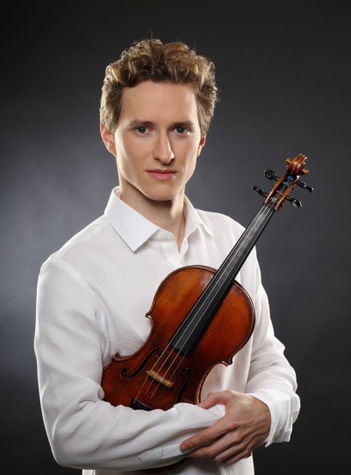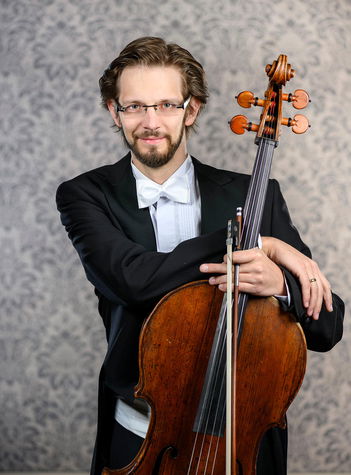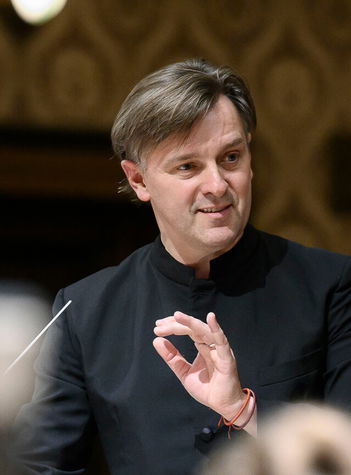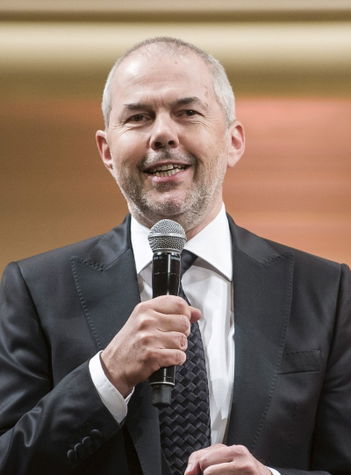Ivan Vokáč has entered his second season with the Czech Philharmonic as concert master of the cello section. He has collaborated with the orchestra for over a decade, including back in 2017, performing in Krzysztof Penderecki’s Concerto Grosso for Three Cellos and Orchestra. Yet he does not appear as a soloist frequently.
Petr Vokáč has garnered numerous international accolades. He has won first prizes at the Cello Competition in Liezen, the Dotzauer Competition in Dresden, the Bohuslav Martinů Competition in Prague and the Leoš Janáček Competition in Brno. In 2006, he and the violinist Jakub Junek became overall winners at Concertino Praga; in 2012, he advanced to the semi-final of the Prague Spring Competition, thus being the most successful Czech participant. Moreover, he has received awards as a chamber player, including in the Johannes Brahms Wettbewerb in Pörtschach, first as a member of Taras Piano Trio and later with Lobkowicz Trio, which whom he has performed up to the present day. The latter ensemble, made up of Ivan Vokáč, Jan Mráček and Lukáš Klánský, has also won the 2017 Czech Chamber Music Society Award.
His repertoire is wide-ranging, encompassing several genres. “The classical music performance principles can be perfectly applied in rock, jazz, popular and film music,” says the young cellist. He has closely collaborated with the Cello Republic ensemble (formerly Prague Cello Quartet), who present in concert their own arrangements of classical pieces, as well as non-classical music, enthralling audiences in the Czech Republic and beyond, including within regular tours of Japan. What’s more, Ivan Vokáč plays the piano with Escualo Quintet, focused on authentic performance of Argentine tango.
Vokáč studied the cello and the piano. Whereas he reserved the former for classical music, the latter satisfied his passion for jazz. Yet neither of the two instruments kindled his early love of music. “As a child, I was fascinated by the double-bass, so much so that whenever it appeared on TV, I’d stand a metre away from the screen and stare spellbound. And when I then got a violin, I would never place it beneath my neck, but lean the instrument against the bed and play it the way the double-bass is played. But try giving a double-bass to a four-year-old boy…,” Vokáč recalls. He would replace the violin with the cello, which he believed would ultimately lead him to the double-bass, yet that would not come to pass. Vokáč would remain faithful to the cello. After taking private lessons from Oldřich Kavale, he studied the instrument at the Prague Conservatory and the Academy of Performing Arts (under the guidance of Miroslav Petráš), and he also attended masterclasses given by renowned cellists (Steven Isserlis, Boris Pergamenshikov, etc.). Ivan Vokáč was subsequently invited to festivals at home and abroad, began working with Czech Radio and Czech Television, before being engaged at the Czech Philharmonic.






